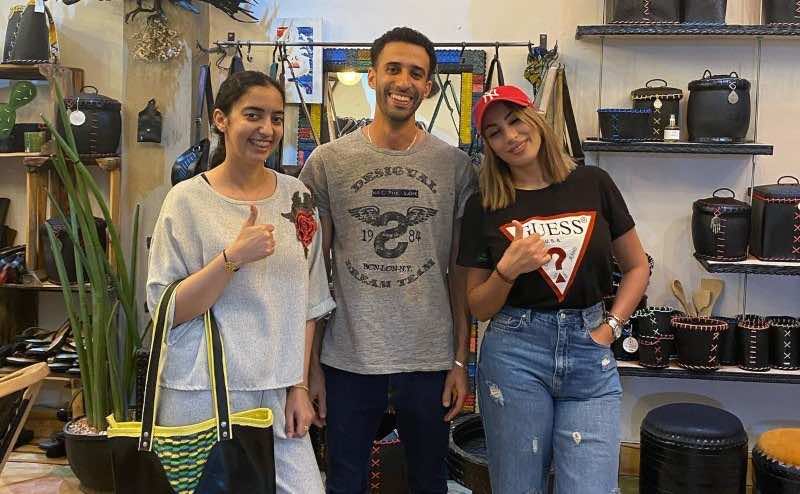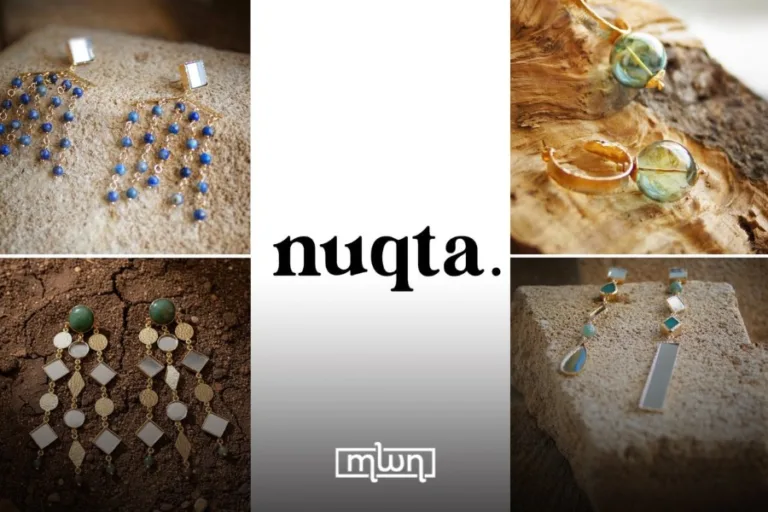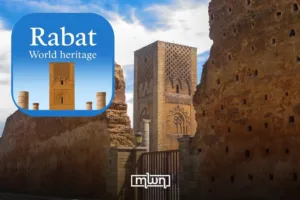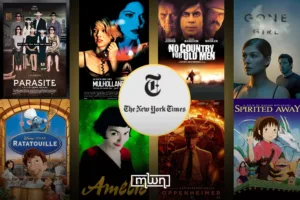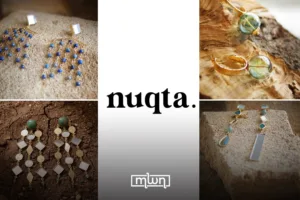Agadir – As Morocco strives to build infrastructure to recycle its collective waste, one man is on the fast track to keep waste out of landfills, or worse.
Mohammed Khattou, the founder of Upcycle Mo, diverts “bound for ocean” pollutants by transforming dirty, polluting, and potentially dangerous tires into objects of functionality and beauty.
The problem with tire trash
Until about 2014, the world overlooked discarded tires as a source of pollutants. Researchers believed this happened because people think tires are made of natural rubber. They are not.
Currently used tires contain only about 19% natural rubber, tires also contain around 24% synthetic rubber made of a plastic polymer.
National Geographic magazine explains that “tires are actually among the most common plastic polluters on earth.” Unrecycled tires account for 10-28% of microplastic waste in all oceans. Before 2016, when Morocco banned the importation of waste from other countries, tires were one of the many difficult-to-recycle waste items heavily imported from Europe.
Tires are toxic to burn without proper facilities. Lacking such facilities, Moroccans have dumped unknown thousands of tonnes of tires into the Atlantic Ocean and Mediterranean Sea, thereby contributing to the microplastic waste problem.
The solution is in the design
You likely see old tires used as flower pots in many Moroccan neighborhoods. However, there are only two main ways Moroccans are commercially reusing discarded tires. Old tires are used in the process of making tiled products and as insulation when building hammams.

Conversely, Khattou continues to find numerous ways to use tires in his work.
As opposed to recycling, upcycling is to take an item and make something new, usually of higher value, other than the item’s original use. At Upcycle Mo, Khattou uses discarded tires to make dozens of consumer-friendly products, including furniture and home furnishings, decorative items, and even apparel and fashion accessories.
How Khattou came to see the creative and entrepreneurial possibilities of working with tires is a long story. It is also a continuing story as he expands beyond the environmental and commercial aspects of the Upcycle Mo cooperative.
Untrashing origins
Khattou was raised 10 kilometers outside Tiznit, in El Maader El Kibir village.
Like many rural children, he made his toys out of whatever scraps were available. Ironically one of the most common toys children make in the countryside is using wire wrapped in fabric bits to create “tires” to push around the village roads.
Fortunately, while some look down on those who work with their hands, Khattou’s love of creating grew when he began working with a French interior designer as a young man.
“Seeing so many raw and simple different materials being used to make beautiful, luxury and functional objects made me want to create things even more,” Khattou told Morocco World News (MWN).
Perhaps it was the loss of his father when he was young that pushed Khattou to be an entrepreneur, out of the need to create a business to support his family. When he began making functional items out of waste tires, Khattou’s family had mixed responses.
While his brother Said shares his creative passion, there were concerns about the viability of selling such items.
Indeed, in their seven years of retailing, Moroccans account for less than 1% of Upcycle Mo’s sales. Fortunately for Khattou and the oceans, Europeans are both impressed with the ingenuity of his products and the environmental aspects of purchasing upcycled tires.
Five members of Khattou’s family, including his mother, now work in the business, helping with resourcing, production, couture, marketing, and management. Upcycle Mo has a retail store and workshop space at Kasbat Souss in Agadir and an atelier in Tiznit.
Social entrepreneurism requires giving back
The COVID-19 related economic crisis has impacted Upcycle Mo through reduced sales and having to lay off a few employees and freelancers. Still, Mohammed is ahead of the game in other areas of innovative entrepreneurship, including social welfare and creating long-term solutions to unemployment.
Four out of five unemployed people in Morocco are aged 15 to 34 years old. And the majority of those young people live below the poverty line.
“The inadequate supply of skills by the education system” is cited by Abdeslam Seddiki, Moroccan Minister of Labour and Social Affairs, as “a major hindrance to youth accessing the labor market.”
Seddiki and other economic professionals insist that youth vocational training programs are a solution to joblessness and poverty.

Upcycle Mo has joined an association called the Franco-Moroccan Association for Educational and Cultural Development Assistance (AFMADEC), which aims to train young minors who are out of school and work, giving them technical and business skills. As a bonus of working with Upcycle Mo, these young people will gain an expansive awareness of environmental issues.
It is sentimental that Khattou, now an adult, a father, and a business owner, teaches young people to creatively transform waste into beautiful, chic, upcycled items. Khattou and the Upcycle Mo family exemplify the kind of social entrepreneurs who Moroccan thought-leaders repeatedly assert the country’s economy and future needs.
Read also: Morocco’s Agrotech to Focus on Improving Agriculture Waste Management

